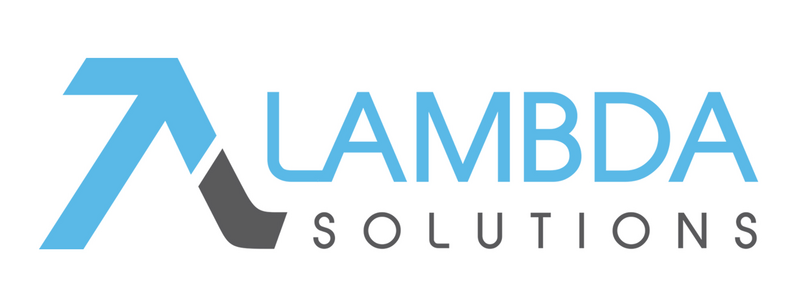Professional Partner Content
Open Source as an Answer to Your LMS Pain Points
Published Tue Jan 01 2019
With hundreds of LMSs out in the market, the decision of which software to go with can be overwhelming! How do you begin your search? A good place to start is to consider if you would like to have open-source software or a proprietary solution. We are a big proponent of open-source software like Moodle and Totara Learn.
Let’s break down the question of open-source or proprietary into three key areas that usually cause the most pain: flexibility, customization, and (of course) price.
Pain Point #1: Lack of Flexibility
Today’s e-learning world is constantly evolving and shifting, so having a flexible solution that can keep up with these demands is crucial! Proprietary solutions can be rigid and inflexible, whereas open-source software is always changing.
Perhaps the most important benefit of the open-source Moodle platform is the wide array of plugins, which work like apps for your LMS. Moodle Plugins can change the functionality, look, and feel, and add features to make learning more engaging for your end-users. The Moodle community has thousands of these plugins, and you can easily see reviews and information on Moodle.org. A trusted Moodle provider would also pre-vet these plugins, ensuring that you’re putting only the safest and most efficient plugins onto your LMS.
This flexibility also comes in the form of often-released bug fixes (in the form of minor version updates). The Moodle community is always working, looking to spot bugs and patch them much more quickly than a proprietary solution ever could!
Pain Point #2: Costly Customization
Proprietary solutions such as Litmos, Blackboard, Canvas, and Saba aren’t designed to be tinkered with. If you did need to customize your learning experience, you have one option: pay the proprietary company big money to alter the core code. Since they are the only ones with access to the back-end, you are left with very few options.
Open-source software, on the other hand, is built for everyone! Anyone (whether you self-host or outsource your hosting provider) can have access to the code and can build, test, and deploy directly within Moodle.
Do you need something customized for your LMS? You’ll have so many more options with an open-source LMS product like Moodle.
Pain Point #3: Price
Perhaps this is obvious, but open-source software is designed to be. . . well, open to everyone! The code belongs to us all, which means that anyone can edit, customize, and optimize it. Open-source software is based on the simple principle that everyone benefits when information is shared freely. What this effectively means is that you have a worldwide community testing, improving, and updating the software. This keeps any open-source software running smoothly and securely, free of cost.
Proprietary solutions that cost companies significant resources to develop up-front are associated with very costly setup and implementation fees. These companies also tend to be a lot more closed-off with their information, keeping additional fees and features a secret until you absolutely need them.
Does Open Source Sound too Good to Be True? (It’s Not!)
Open-source solutions are versatile options that can be incredibly cost-effective, but they’re not exactly free. Access to the software and code is free, however, there are still considerable costs involved with setting up an open-source LMS in terms of money and time.
Hosting providers may charge fees for their expertise, training, implementation, and support. With a Moodle hosting service provider, you benefit from all of the open-source software options, which will allow you to create the user-friendly and tailored experience that will lead to a more engaged learner experience. In this sense, you can get the best of both worlds!
More from ATD


